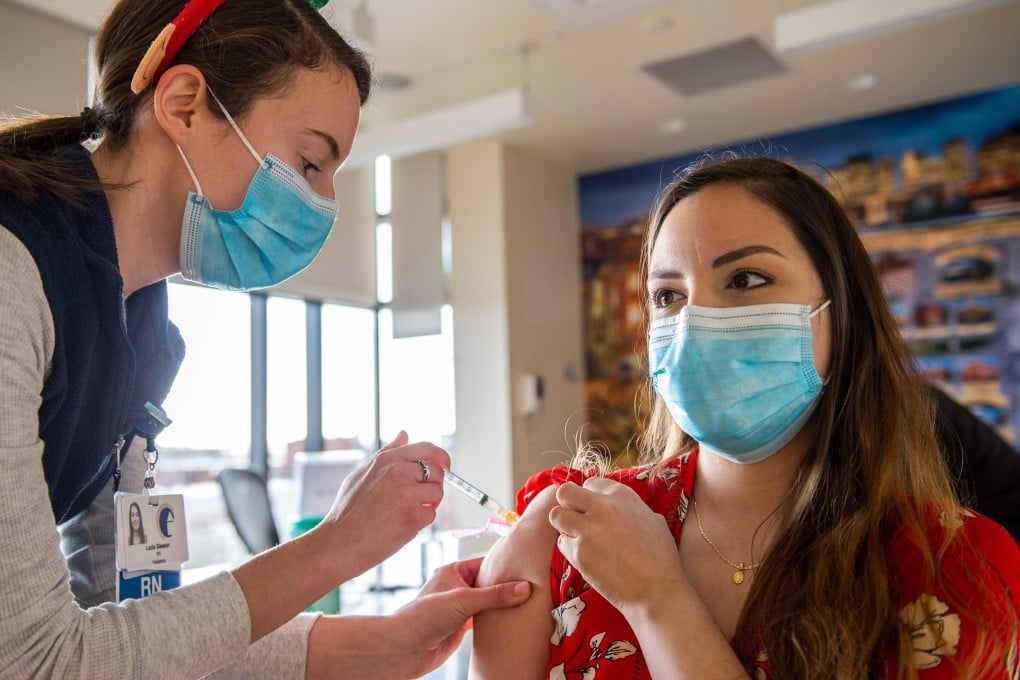Explainer | What are the coronavirus mRNA vaccines and how do they work?
- Two of the currently available vaccinations against Covid-19 use a relatively new technology which has not been approved before
- Scientists are confident the risks of unintended consequences are low in the short-term

While scientists are confident of their safety in the short term, any long-term side effects are unknown. So what are mRNA vaccines, how do they work and what are their implications for public health?

02:15
India trains workers to handle Covid-19 mass vaccination programme
Why are mRNA vaccines important?
While expensive to develop, mRNA vaccines can be mass-produced at relatively low cost. They can also be quickly redesigned to cope with a mutation of the virus – a move that has not yet been required, but could be necessary down the track, as shown by the new strain identified in Britain and South Africa.
Traditional vaccines use incomplete, dead or weakened viral strains that are grown in chicken eggs. An mRNA vaccine instead turns the body’s own cells into vaccine factories, triggering a strong, lasting immunity against the virus. It is this feature which makes the mRNA vaccine arguably the most powerful weapon in the fight against Covid-19.
How does it work?
The vaccine works by modifying human cells. It contains no actual part of the virus. Instead, scientists have replicated the genetic instruction – the messenger ribonucleic acid (mRNA) strand – it uses to create its distinctive spike protein.